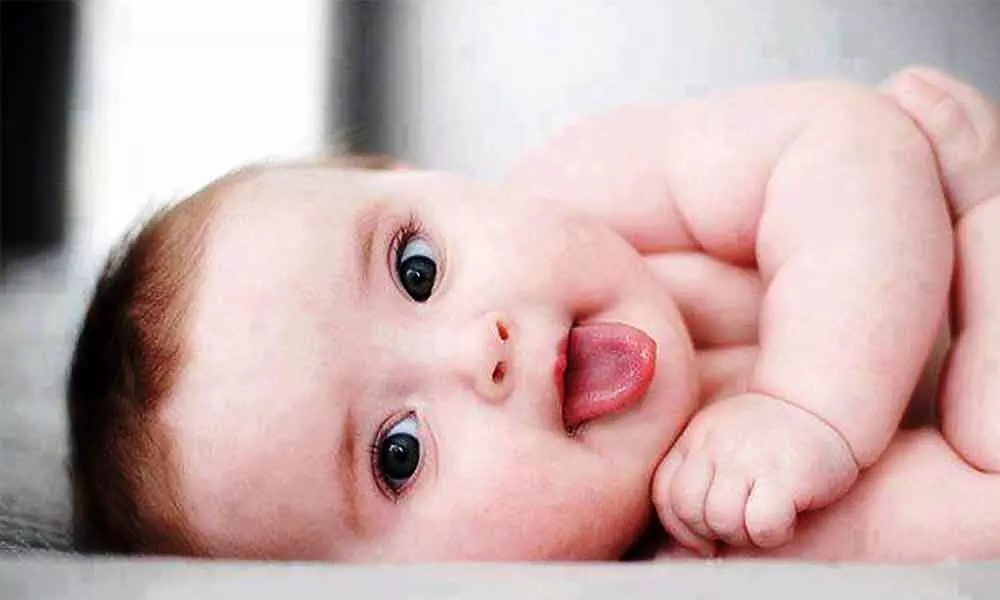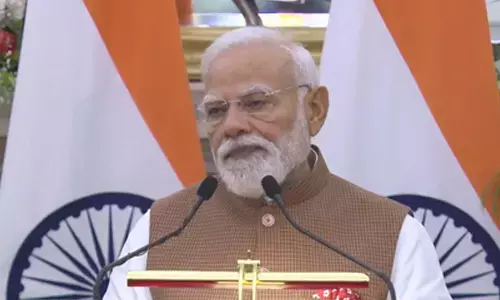Baby's babbling can help predict future communication skills. Here's how

A recent research states that responding to babies when they made eye contact, and attempted to communicate, had a significant impact on their language development.
How often babies babble while making eye contact with care-givers can help predict their future language and vocabulary skills, according to a new study.
The research by the University of Sheffield in the UK found that the frequency with which 11-12 month old infants vocalised while looking at the face of their care-givers, was valuable information to determine their later vocabulary, and suggested that they were deliberately trying to communicate.
The study, published in the journal Developmental Science, also looked at how care-givers responded to early infant vocalisations, gestures, and gazes.
The researchers tested which combination of actions best predicted a child's language development.
They found that responding to babies when they made eye contact, and attempted to communicate, had a significant impact on their language development.
The authors of the study looked at videos of children playing in their homes with their care-givers.
This was to understand how the children communicated before learning words, and how they made the transition to speaking.
The findings suggest that care-givers can take simple steps to help improve their child's language and vocabulary without needing expensive toys by simply responding to their vocalisations.
"At 11-12 months, most children are starting to communicate and simply talking to babies about what it is that they are interested in can help them learn to talk," said Ed Donnellan, lead author of the research.
"Babies can get you to talk to them too, they can communicate long before they say their first words, and by responding to these attempts to communicate, caregivers can really help get language learning off the ground," he added.
The researchers added that the findings could be applied to help children at risk of language delay.










